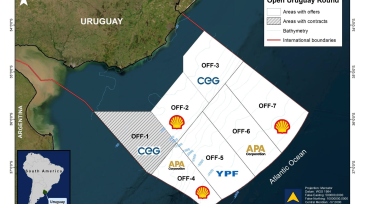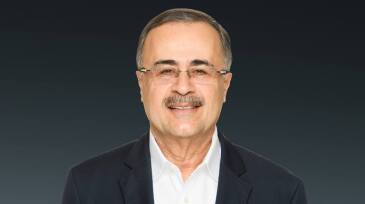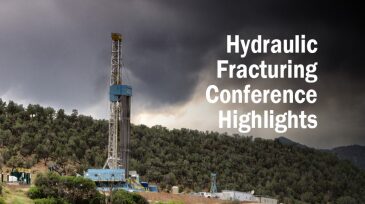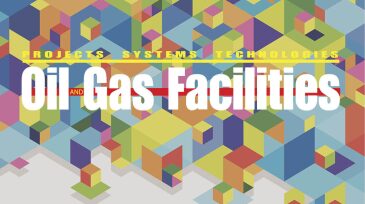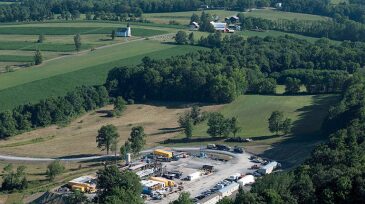license to operate
-
In this vodcast and column, Olivier Houzé explores the polarized views among SPE's members about the energy transition, highlighting the geographic and demographic differences. He examines historical perspectives on energy transitions, evaluates future scenarios, and discusses how SPE can adapt its mission to stay relevant.
-
The supermajor will gain a 60% working interest and assume operatorship in the AREA OFF-1 block.
-
The chief of the world's largest oil company issued a reality check on how the energy transition is doing and called for a more practical strategy going forward.
-
Country ceases hydrocarbon licensing to focus on greener forms of energy production
-
The biennial SPE Offshore Europe conference will explore a diverse set of topics, including the application of digital technologies and preparing for a low-carbon energy future and ongoing work around standardization and decommissioning.
-
In the keynote speech at the SPE Hydraulic Fracturing Technology Conference, author and founder of the Center for Industrial Progress Alex Epstein explained the moral case for fossil fuels.
-
There is widespread acceptance that extraction industries—including oil and gas—improve people’s lives and enable the economic growth of countries. However, at the project level, this acceptance is neither automatic nor unconditional.
-
The oil and gas industry must learn to engage with local citizens better if it is to build upon its social license to operate. A joint PFC/HSE luncheon during ATCE addressed this topic.
-
The United States shale boom brought the issue of social license to operate (SLO) to the forefront.
-
Energy development projects that affect local communities frequently face opposition. This article describes an approach to dealing with local communities that has proved effective.
Page 1 of 2


